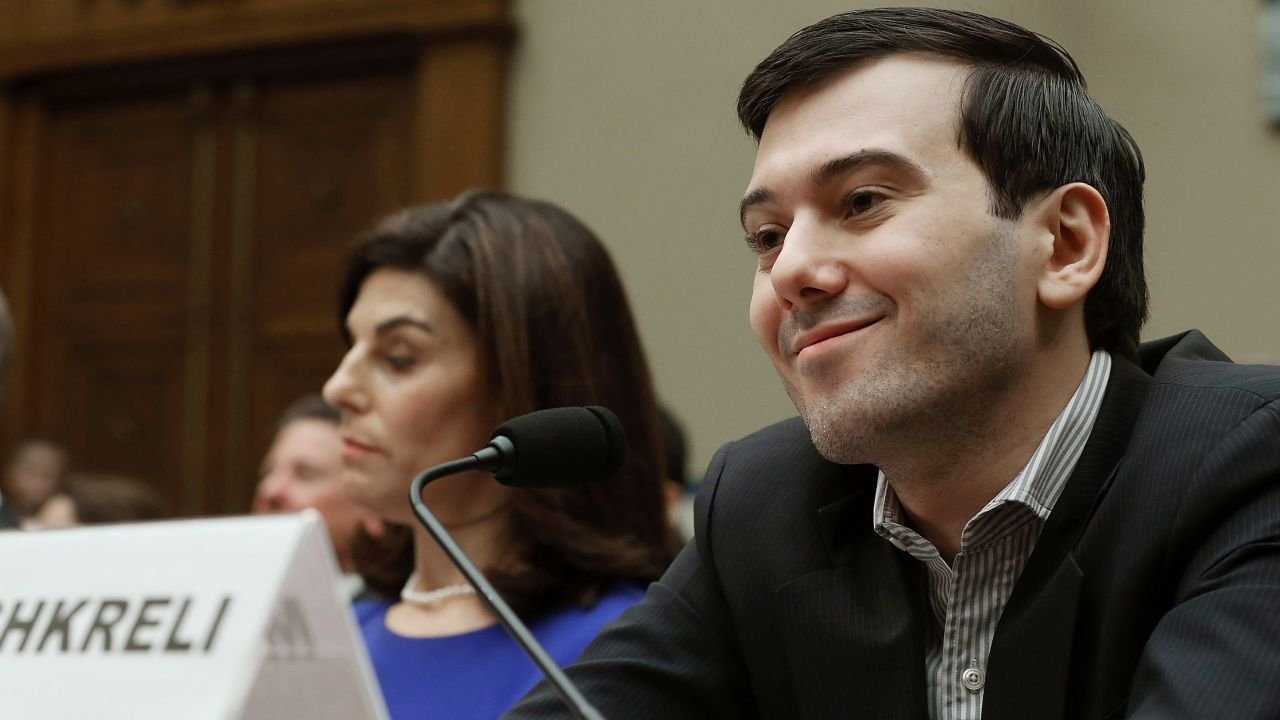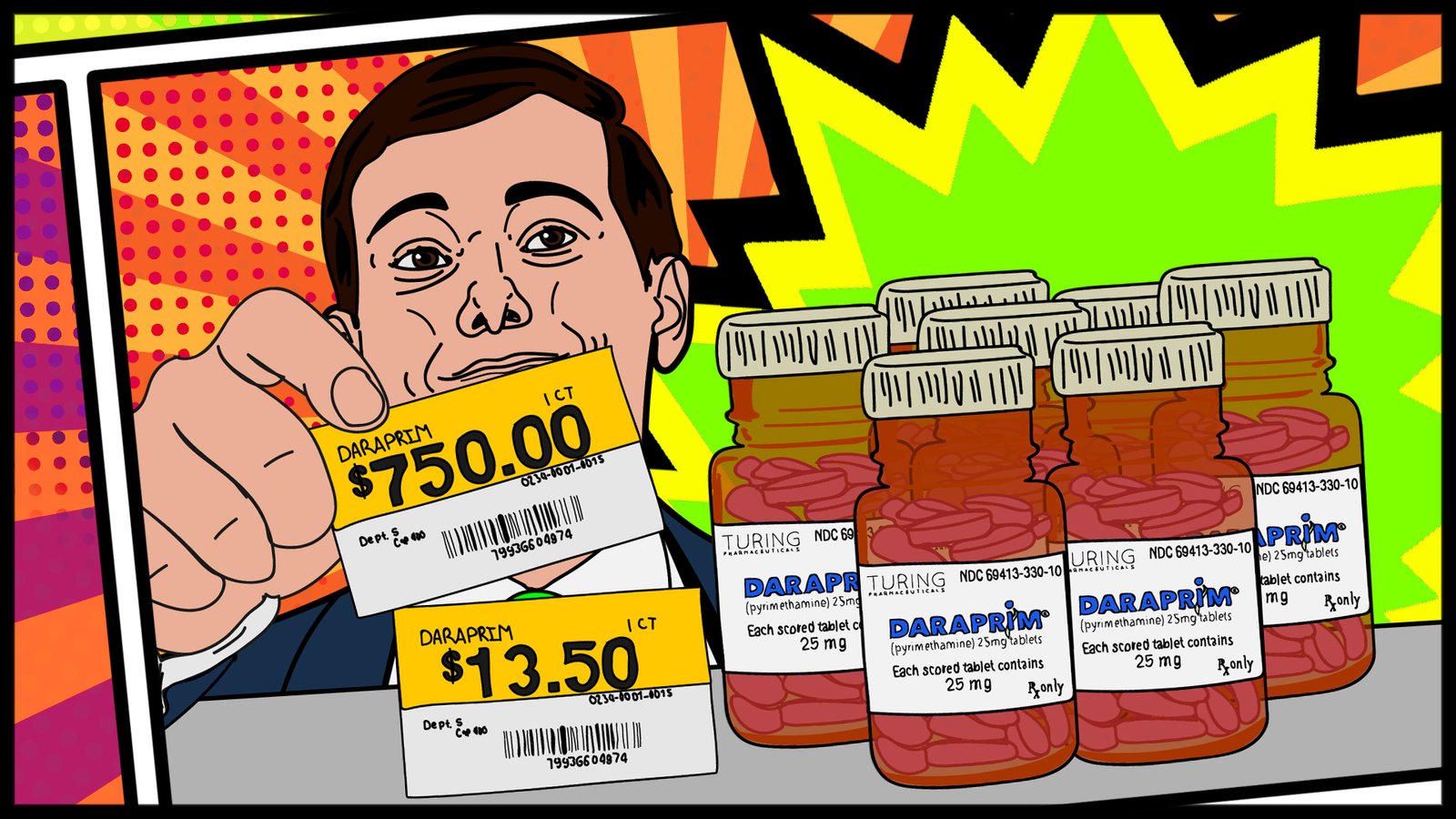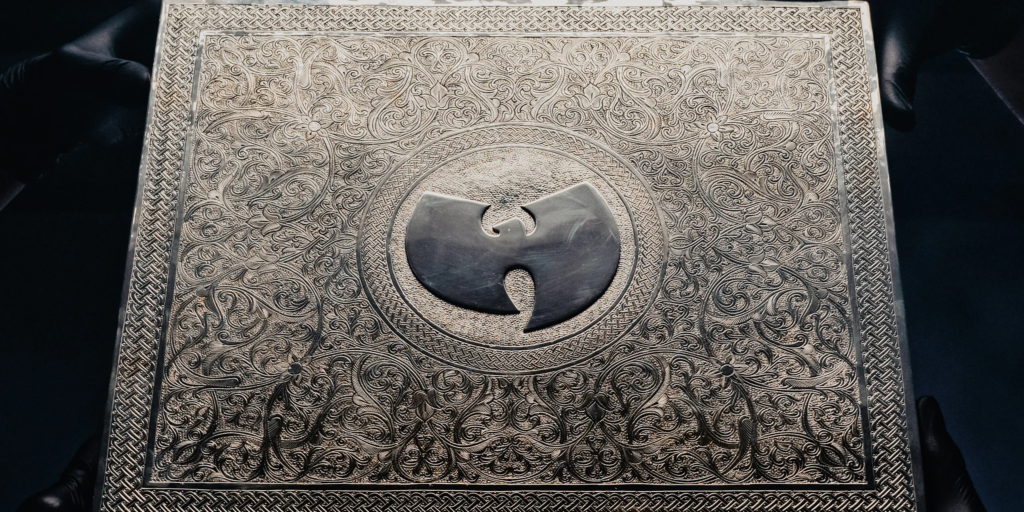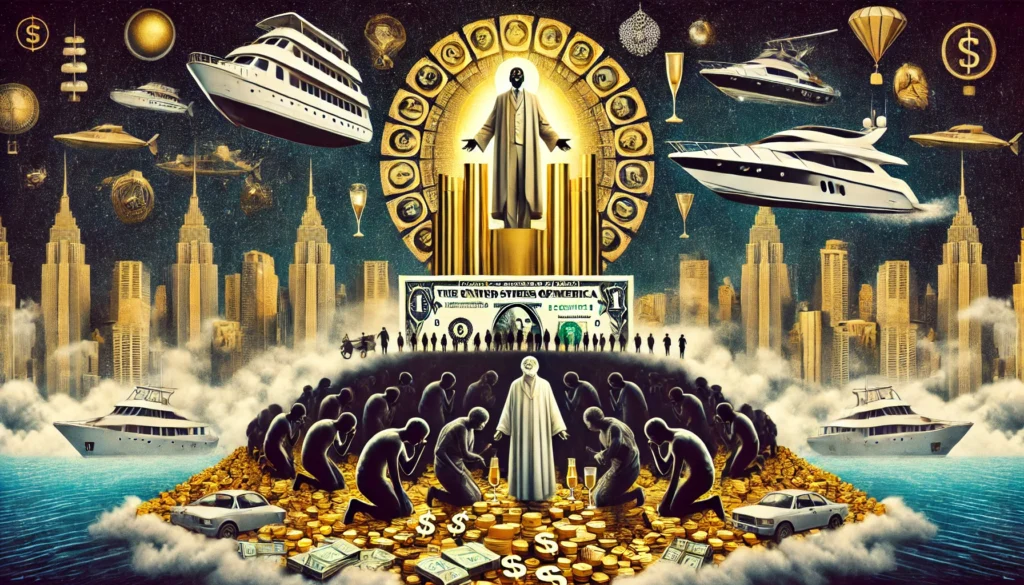
Martin Shkreli, former pharmaceutical executive, became infamous for drastically raising the price of Daraprim, an antiparasitic drug essential for treating toxoplasmosis. This decision, which increased the price over 5000% from $13.50 to $750 per pill, ignited public outrage and epitomized broader issues in the pharmaceutical industry. It also jeopardized countless vulnerable lives.
The Making of “Pharma Bro”
Born and raised in Brooklyn, New York, in a working-class immigrant family, Shkreli’s origins might suggest a natural empathy for the underprivileged. Instead, his career trajectory reveals someone determined to distance himself from his roots. After graduating from Baruch College with a degree in business administration, Shkreli entered the financial world, earning a reputation for exploiting market inefficiencies with little regard for ethics.
Early in his career, Shkreli founded the hedge fund Elea Capital Management, which folded after a failed bet against Lehman Brothers. He later established MSMB Capital Management, where he began targeting pharmaceutical companies for short-selling. This strategy involved betting against the success of companies by anticipating their stock prices would fall. To achieve this, Shkreli would highlight vulnerabilities in their operations, such as regulatory weaknesses or financial instability, often undermining investor confidence in the process. While legal, such tactics were criticized for destabilizing companies critical to patient care.
In 2011, Shkreli founded Retrophin, a biotechnology firm ostensibly focused on developing treatments for rare diseases. Allegations of fraud and misconduct marred his tenure. He was accused of misappropriating Retrophin funds to repay disgruntled investors, effectively running something similar to a Ponzi scheme. These actions drained resources meant for research and development, leading to lawsuits and his eventual ousting in 2014. His fraudulent tactics ultimately led to lawsuits from Retrophin itself, further tarnishing his reputation. Undeterred, Shkreli launched Turing Pharmaceuticals, through which he orchestrated the Daraprim price hike.

SOURCE: https://ethicsunwrapped.utexas.edu/video/daraprim-price-hike
The Daraprim Debacle: Profit Over People
Shkreli defended his decision to raise Daraprim’s price as a “smart business move”. Although claiming that the increased revenue would fund research and development, little evidence of such initiatives ever materialized. Instead, the decision laid bare the vulnerabilities in America’s healthcare system, where essential drugs can be commodified and weaponized for profit.
For patients with toxoplasmosis—particularly those with compromised immune systems, such as individuals with HIV/AIDS—the price hike was catastrophic. Toxoplasmosis caused 789 deaths in the U.S. from 2000 to 2010, disproportionately affecting immunocompromised patients, including those with HIV/AIDS. Shkreli’s price hike exacerbated barriers to treatment, particularly for Black and Hispanic communities already facing healthcare inequities. The societal cost extended beyond the human toll, with productivity losses exceeding $815 million. By exploiting a life-saving drug for profit, Shkreli exacerbated systemic inequities, disproportionately harming already vulnerable communities.

Toxoplasmosis
His response to public outrage? Smirking defiance during a Congressional hearing, where he invoked his Fifth Amendment rights, followed by mocking detractors on social media.
A Pattern of Disdain
Shkreli’s actions and behavior consistently underscored his detachment from societal norms. His $2 million purchase of the sole copy of Wu-Tang Clan’s album Once Upon a Time in Shaolin became emblematic of his extravagance and disdain for public opinion. When criticized, he threatened to destroy the album, although it was later seized by the government and sold to an anonymous buyer.

Wu-Tang Clan‘s Once Upon A Time in Shaolin album.
Even his legal troubles failed to humble him. Convicted of securities fraud in 2017 and sentenced to seven years in prison, Shkreli referred to his incarceration as “the most relaxed prison experience one could ever have.” Upon his release in 2022, he showed no evidence of regret or reflection. His trajectory exemplifies a harsh reality: steal a dollar, and you’re a criminal; steal a million, and you’re celebrated in certain circles.
The Socio-Economic Disconnect
Shkreli’s story is not an anomaly. It’s a symptom of a broader issue: the growing disconnect between the ultra-wealthy and the working class. Shkreli’s actions reflect a troubling trend in the pharmaceutical industry, where lifesaving drugs are treated as commodities. For example, another pharmaceutical company faced criticism for pricing its Hepatitis C drug at $84,000 for a 12-week course. Shkreli’s actions reflect a worldview in which financial gain is the ultimate metric of success, no matter the human cost.

SOURCE: DALL-E
Pharmaceutical executives frequently justify exorbitant drug prices by citing the high costs of research and development, even as their companies report record profits and award multimillion-dollar bonuses to their executives. For instance, Pfizer reported $81 billion in revenue in 2021, largely driven by its COVID-19 vaccine, while its CEO, Albert Bourla, received $24 million in compensation. Simultaneously, the company faced criticism for price hikes on other essential drugs, highlighting the tension between public health contributions and profit-driven motives. Shkreli’s unapologetic greed merely spotlighted a systemic cruelty that often operates more discreetly.
Lessons Learned from Shkreli
The public outrage spurred by Shkreli’s actions has catalyzed few changes, save perhaps the bipartisan efforts to cap insulin costs. It did not, however, address the structural issues enabling such exploitation. Corporations and wealthy individuals continue to wield disproportionate influence over healthcare policies, often to the detriment of the public.
While Shkreli serves as a convenient villain, the problem transcends any one individual. His story is a cautionary tale of unchecked greed and the lack of accountability that permeates certain socio-economic circles. It underscores the urgent need for systemic reforms that prioritize human dignity over corporate profits.
As Shkreli continues to live seemingly unbothered by the harm he caused, it falls upon society to ensure that his brand of unapologetic greed is no longer rewarded. Until then, the struggles of everyday people will remain a mere footnote in the relentless pursuit of wealth and power by the few.
Leave a Reply